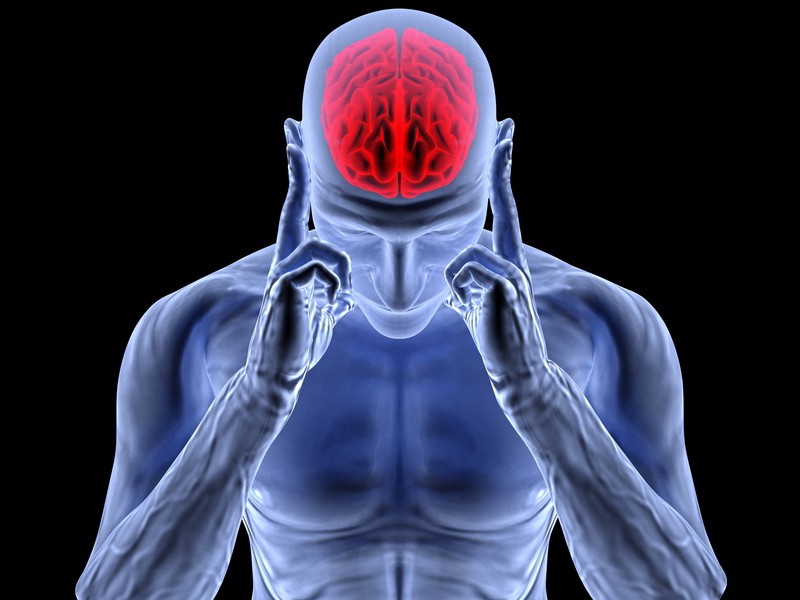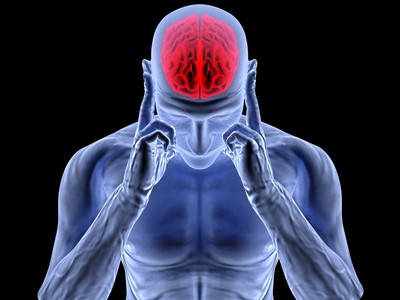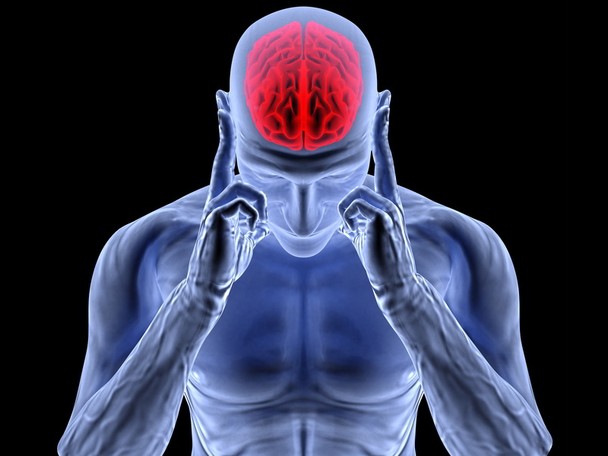


Scientists at Duke University have carried out an experiment to see what goes on in the brain when players bluff at poker. Using MRI scanners and a one card version of poker, they discovered that we use a different part of the brain when buffing real people than when trying to bluff a computer.
The game was simple: Players were dealt a single card and could choose to bet or fold. If they bet and were called, they won if their card was higher than their opponent’s. The 20 test subjects bluffed when they held a low card 54% of the time.
All the players were introduced to each other, shook hands before the experiment began, and were then placed in an MRI scanner to play either against live opponents or a computer. Players were asked to remember their opponents’ tendencies so that they would think about whether a bluff would work.
The MRI scans showed that a part of the brain called the temporal-parietal junction (TPJ) was active when players bluffed live opponents whom they thought were good players. This part of the brain has not previously been thought to be involved in social interactions. In total the researchers looked at 55 different regions of the brain and found that they could use the information to tell whether a player had bluffed.
Unfortunately the research does not mention whether players bluffing against the computer were more or less successful than players bluffing each other. Previous research carried out at the University of London does suggest that the ability to detect a bluff is strongly associated with the ability to bluff. Cheaters are better at detecting cheating.
It may be that players who are able to personalize their opponents online and treat them as human beings rather than abstract avatars have an advantage in both bluffing and detecting bluffing. If they treat their opponents as human, they may use the TPJ which now looks like it has evolved to have a role in judging when to deceive.
The moves being made by many sites to increase the social gaming elements of poker could contribute to the development of bluffing skills in online poker. The study director, Professor of Psychology and Neuroscience Scott Huettel suggests:
“Understanding how the brain identifies important competitors and collaborators—those people who are most relevant for our future behavior—will lead to new insights into social phenomena like dehumanization and empathy.”
This research could explain why some players excel at the live game and yet fail online. Not being able to conceptualize online opponents as real people could result in an inability to access the region of the brain required for success.

